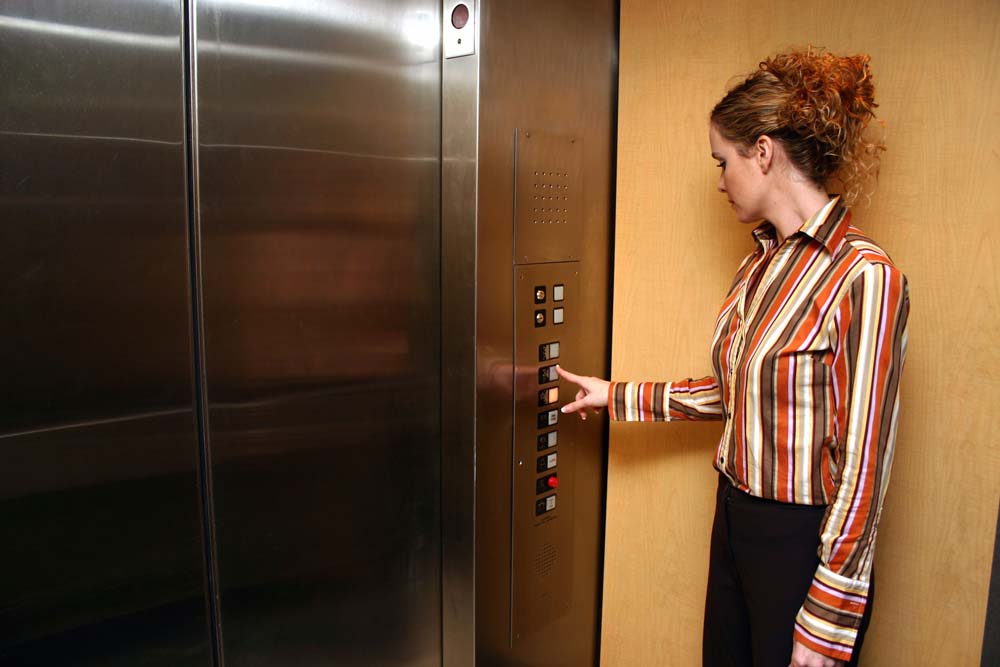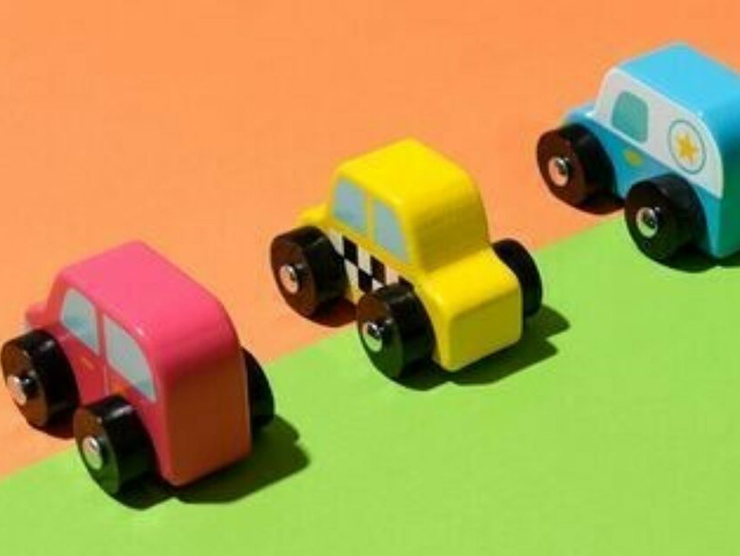Teachers are very important people in the lives of children and families. When an early childhood teacher leaves a program, a range of reactions are often experienced. Children and parents often feel a sense of loss because they've bonded with the teacher. Furthermore, because parents value the intimate relationships that children have with their teachers, they are understandably concerned about how their child will react to the teacher leaving.
The reaction of a child differs depending upon his/her age, temperament, environment, and parents' reactions. Some children feel loss more deeply and take longer to adjust to change. When a teacher leaves, the new reality is not just the absence of the former teacher but also the presence of someone new. Developing a relationship with the new teacher also requires additional adjustments for both the child and family, similar to adjusting to starting child care for the first time.
When children have to say goodbye to people who have been close to them, they may feel sad and to some degree, a little insecure. In order to retain that sense of security and helping children cope with loss and change, we must first understand it.
There are four pillars of security in a child's life:
- People: those whom children rely on for strength and reassurance.
- Place: the familiar settings where children feel comfortable and safe.
- Routine: the regular, dependable daily plan such as how a teacher conducts circle time or prepares snack.
- Ritual: comforting traditions like singing the "Good Morning" song everyday as they sit in their favorite spot.
When a teacher leaves a program, helping children cope depends on providing stability. It is important that the place, routine, and rituals remain as consistent as possible. The child care center's leadership team is experienced at helping children adjust to a teacher leaving and another teacher coming. Established routines are in place to support children through the transition.
Parenting Tips to Help Kids Cope & Adjust to a New Teacher
Below are suggested ways for parents to support children through this time:
- Find out how your child is feeling: "How are you feeling about Carmen leaving?" "Will you miss her?" "What will you miss?" At the same time, try not to probe or assume that your child is upset.
- Reassure your children that their new teacher will make sure they are well cared for and safe. Talk about what will be the same (i.e., friends and other teachers who continue to be with the children.)
- Try to minimize other changes in your child’s life for a while: the people, places, routines, and rituals. Try to keep consistent home routines.
- Acknowledge and accept the sadness or anger children may feel. "We all feel sad when someone leaves us. Sometimes you may feel angry that he or she isn't your teacher anymore."
- Let children know your feelings, but focus on the positive. "I’m sad that Henry left the class, but I'm excited about getting to know Nina. Let's make a welcome card for her."
- Ask your child if he or she would like to write a note or draw a picture to send to the teacher who left.
- Make sure that your child knows that you will continue to be there. For example, as always, say goodbye during drop off and reassure your child that you (or another trusted person) will be there for pick up at the end of the day.
- Understand that while usually the child care center leadership team has ample notice to plan a smooth transition, occasionally a teacher may leave suddenly. When that happens, the children's best interest will be the center director's prime concern.
While it is important to respect the child's feeling of loss, it's equally important to note that children are still immersed in the security of the same center/school community, their friends, routines, and often a second teacher. Early education programs are places where children and families are members of a caring community, where they are recognized, understood, and valued. Sometimes teachers leave the school. That is one of the transitions of life. Helping children cope with this change will help them with future transitions as well. The sense of community and partnership between families, teachers, and administration help children feel secure that the world is a good and safe place, even when special people have to leave.
- Saying goodbye to preschool can be hard for both kids and parents.
- Use these tips to help nurture your preschooler's confidence, build friendships, and curb challenging behavior.




